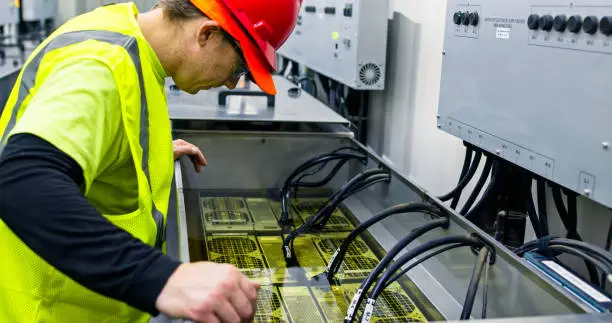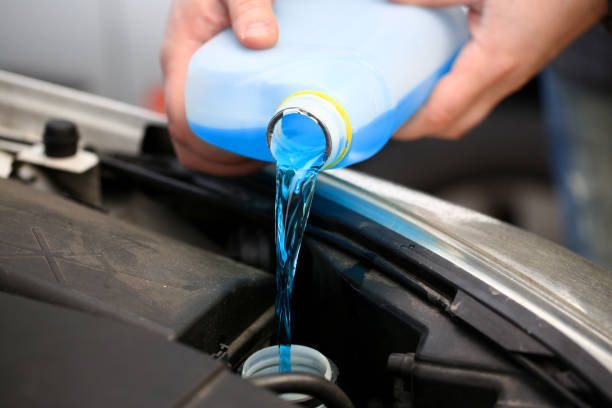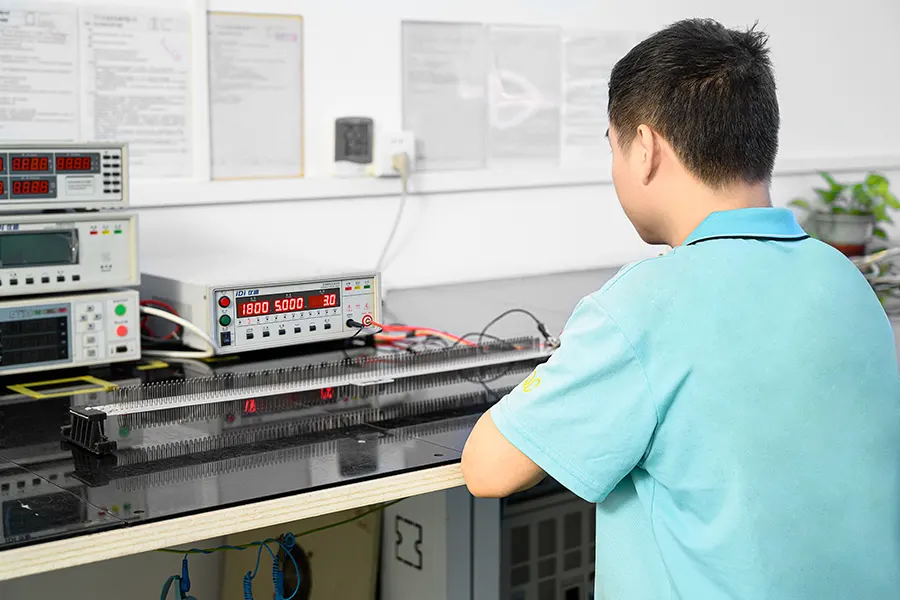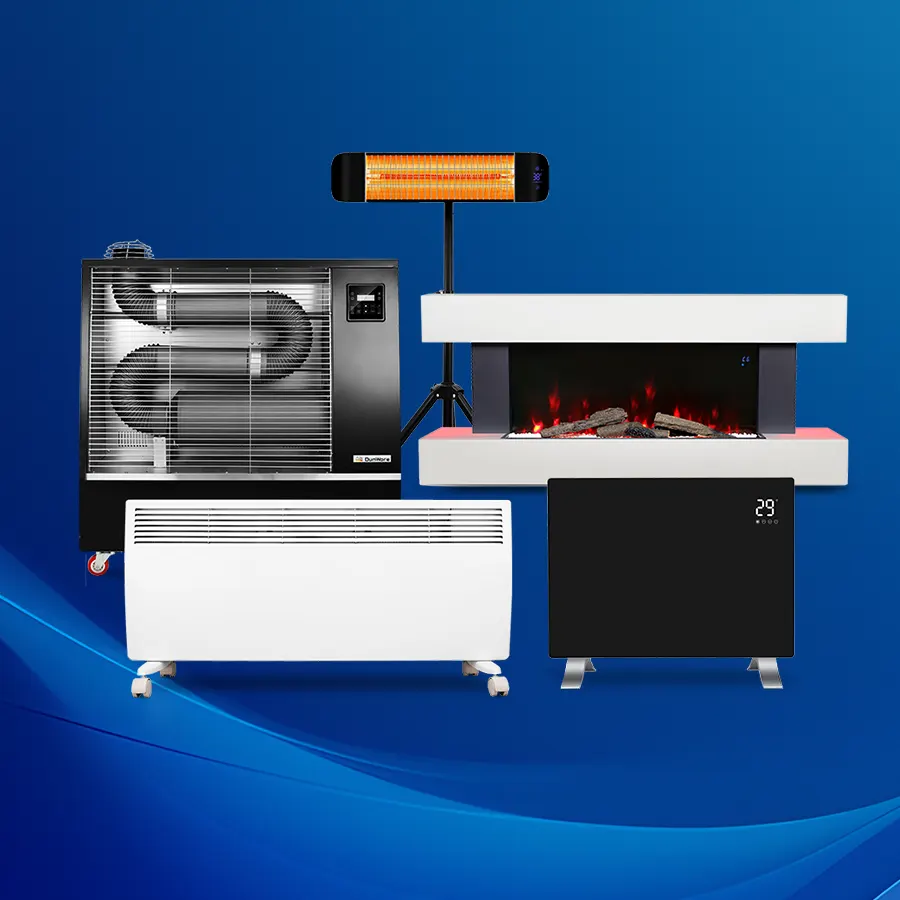Cooling systems are essential for managing heat in various devices, from computers and cars to industrial machinery. Two of the most common cooling technologies are air cooling and liquid cooling.
Each has its benefits and drawbacks, and the choice between the two often depends on the application. En este artículo, we’ll explore the differences between air and liquid-cooled systems, answer some key questions, and help you decide which cooling method best suits your needs.
| Aspecto | Air Cooling | Liquid Cooling |
| Cooling Efficiency | Ideal for general use | More efficient at dissipating heat in gaming rigs or overclocked systems. |
| Cost and Maintenance | Cheaper, and requires minimal maintenance | More expensive, and requires regular maintenance |
| Niveles de ruido | Can be noisy, especially with large fans or under heavy load. | Tends to be quieter due to fewer or slower-moving fans. |
| Size and Space Requirements | Takes up less space, but large heatsinks and fans can be bulky depending on the setup. | Requires more space due to pump, tubing, and radiator, which may be a concern for smaller builds. |
| Reliability and Durability | Generally more reliable | More prone to leaks and pump failures |
What is Air Cooling?

Air cooling is one of the most widely used methods for heat dissipation. It relies on air cooling technology to absorb heat from a component and then release it into the surrounding environment. The key components in air cooling systems include fans, heatsinks, and air ducts.
How Air Cooling Works
- Air is drawn through a heatsink or cooling fins by a fan.
- The heat from the component (p.ej., CPU, GPU, or car engine) is transferred to the heatsink, which dissipates the heat into the surrounding air.
- The fan circulates air to move the heat away from the component and ensure it doesn’t overheat.
Advantages of Air Cooling
- Simple design
Air cooling systems are straightforward to set up and implement.
- Cost-effective
Generalmente, air cooling systems are cheaper than liquid cooling systems.
- Low maintenance
Air cooling requires minimal upkeep, such as cleaning dust from fans and vents.
Disadvantages of Air Cooling
- Less efficient in high-performance situations
Air cooling struggles when dealing with high heat loads, such as in overclocked systems or heavy-duty machinery.
- Ruido
Fans can generate significant noise, especially when they have to run at higher speeds to dissipate heat.
- Water Consumption
Enfriadores de aire evaporativos require a continuous water supply to function. In areas where water conservation is a priority or where water is scarce, this can be a significant drawback.
What is Liquid Cooling?

A liquid cooling system uses a liquid (usually a water-based coolant) to absorb and transfer heat from components. The coolant is pumped through tubes, flowing over the heat-producing components and then dissipating the heat through a radiator.
How Liquid Cooling Works
- A pump circulates the coolant through pipes connected to a water block or cold plate sitting atop the heat source.
- The coolant absorbs heat and is transported to the radiator, where fans help dissipate the heat into the surrounding air.
- This process circulates coolant through the system continuously to keep components cool.
Advantages of Liquid Cooling
- Efficient heat dissipation
One of the advantages of air cooler is that the liquid is better at transferring heat than air, making liquid cooling more effective for high-performance applications.
- Quieter operation
Liquid cooling systems are generally quieter than air cooling systems because they don’t rely as heavily on fans.
- Great for overclocking
If you’re pushing a system’s performance beyond its limits (p.ej., overclocking CPUs or GPUs), liquid cooling helps manage the extra heat more efficiently.
Disadvantages of Liquid Cooling
- Complex setup
Liquid cooling systems require more components and installation, making them more complex to set up.
- Mayor costo
Liquid cooling systems typically cost more than air cooling setups, both in terms of initial price and maintenance.
- Potential for leaks
Con el tiempo, seals may wear down, leading to possible leaks that could damage components if not addressed.
Key Differences Between Air and Liquid Cooling

Cooling Efficiency
- Air Cooling
Air cooling works well for basic systems but struggles with high-performance setups that generate more heat. It’s ideal for general use but doesn’t offer the efficiency needed for heavy-duty tasks.
- Liquid Cooling
Liquid cooling is more efficient at dissipating heat, especially in high-performance setups like gaming rigs or overclocked systems.
Cost and Maintenance
- Air Cooling
Air cooling systems are usually cheaper and require minimal maintenance, making them a cost-effective solution for many users.
- Liquid Cooling
While more expensive, liquid cooling systems offer superior cooling efficiency. Sin embargo, they require more maintenance, such as ensuring coolant levels are adequate and checking for potential leaks.
Niveles de ruido
- Air Cooling
The noise level in air cooling systems can be significant, especially in systems with large fans or when the system is under heavy load.
- Liquid Cooling
Liquid cooling systems tend to operate more quietly, as they often require fewer or slower-moving fans.
Size and Space Requirements
- Air Cooling
While air cooling systems take up less space, large heatsinks and fans can sometimes be bulky, depending on the specific setup.
- Liquid Cooling
Liquid cooling systems often require more space due to the pump, tubing, and radiator, which could be a concern for smaller builds.
Reliability and Durability
- Air Cooling
Air cooling technology is generally more reliable because it doesn’t involve moving parts (aside from the fan) and no liquids that can leak or evaporate.
- Liquid Cooling
While liquid cooling is generally reliable, it’s more prone to leaks and pump failures, and the system may require more frequent maintenance to ensure optimal performance.
Sobre nosotros

Yika has strict control de calidad procedures. Click here to learn more about us. Comprometidos con prácticas sostenibles, Nuestro objetivo es contribuir a la mejora del medio ambiente global a través del desarrollo verde..
Preguntas frecuentes
Is Liquid Cooling Better Than Air Cooling?
When considering air cooling vs liquid cooling, it ultimately depends on your specific needs. Liquid cooling systems are generally more effective at dissipating heat, making them the better choice for high-performance applications.
If you have a system with overclocked components or one that generates a lot of heat, liquid cooling is the superior option.
Sin embargo, air cooling is often more than enough for most users. It’s cheaper, simpler to install, and requires less maintenance. For average usage, such as standard computing or gaming, air cooling technology will typically perform well enough.
Do You Still Need Fans With Liquid Cooling?
Sí, you still need fans in a liquid cooling system. While the pump circulates the coolant through the system, fans are required to cool the radiator.
The fans help dissipate the heat carried by the coolant into the air, ensuring the system can efficiently transfer the heat away from the components. Por lo tanto, while liquid cooling is generally quieter and more efficient than air cooling, it still relies on fans to function properly.
Which One Should You Choose?
- Air Cooling
Ideal for everyday computing, gaming, or systems with moderate heat generation. It’s budget-friendly, easy to install, and requires little maintenance.
- Liquid Cooling
Best for overclocked systems, gaming PCs, or high-performance applications where cooling efficiency is critical. It’s quieter, more efficient, and better suited for heavy-duty tasks.
Factores a considerar
- Budget
Air cooling is much cheaper and simpler, while liquid cooling comes with higher upfront costs.
- Performance needs
If you’re working with high-performance hardware that generates significant heat, liquid cooling systems offer superior cooling.
- Space
For compact setups, air cooling is typically the better option due to its smaller footprint.
Conclusión
Both air cooling and liquid cooling systems have their strengths. Air cooling technology is easy to set up, rentable, and requires minimal maintenance, making it perfect for everyday use.
Liquid cooling, por otro lado, offers superior cooling efficiency, and quieter operation, and is ideal for overclocked systems or those generating large amounts of heat.
When deciding between air cooling vs liquid cooling, consider your needs, presupuesto, and space limitations to find the best solution for your system.





















